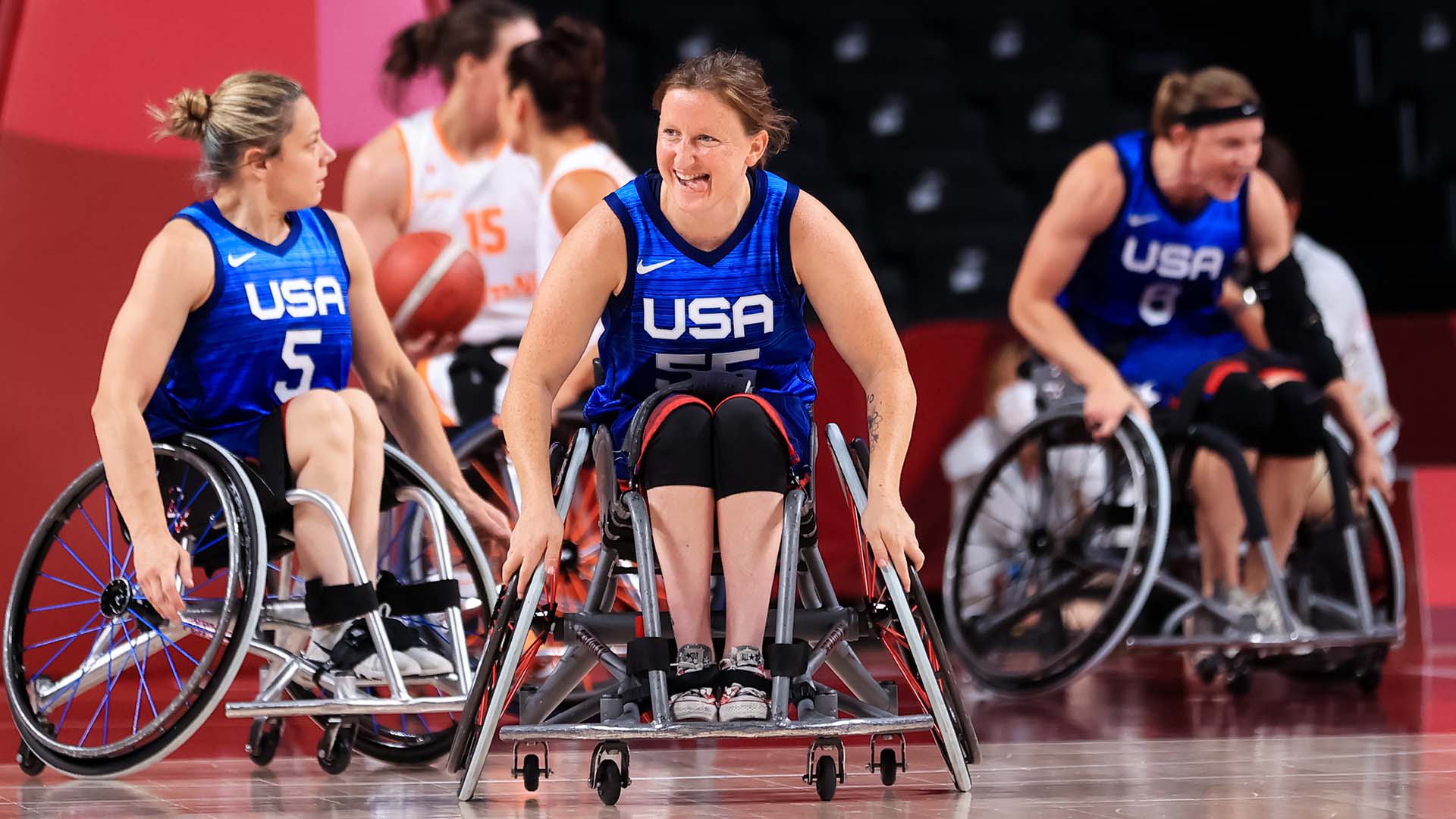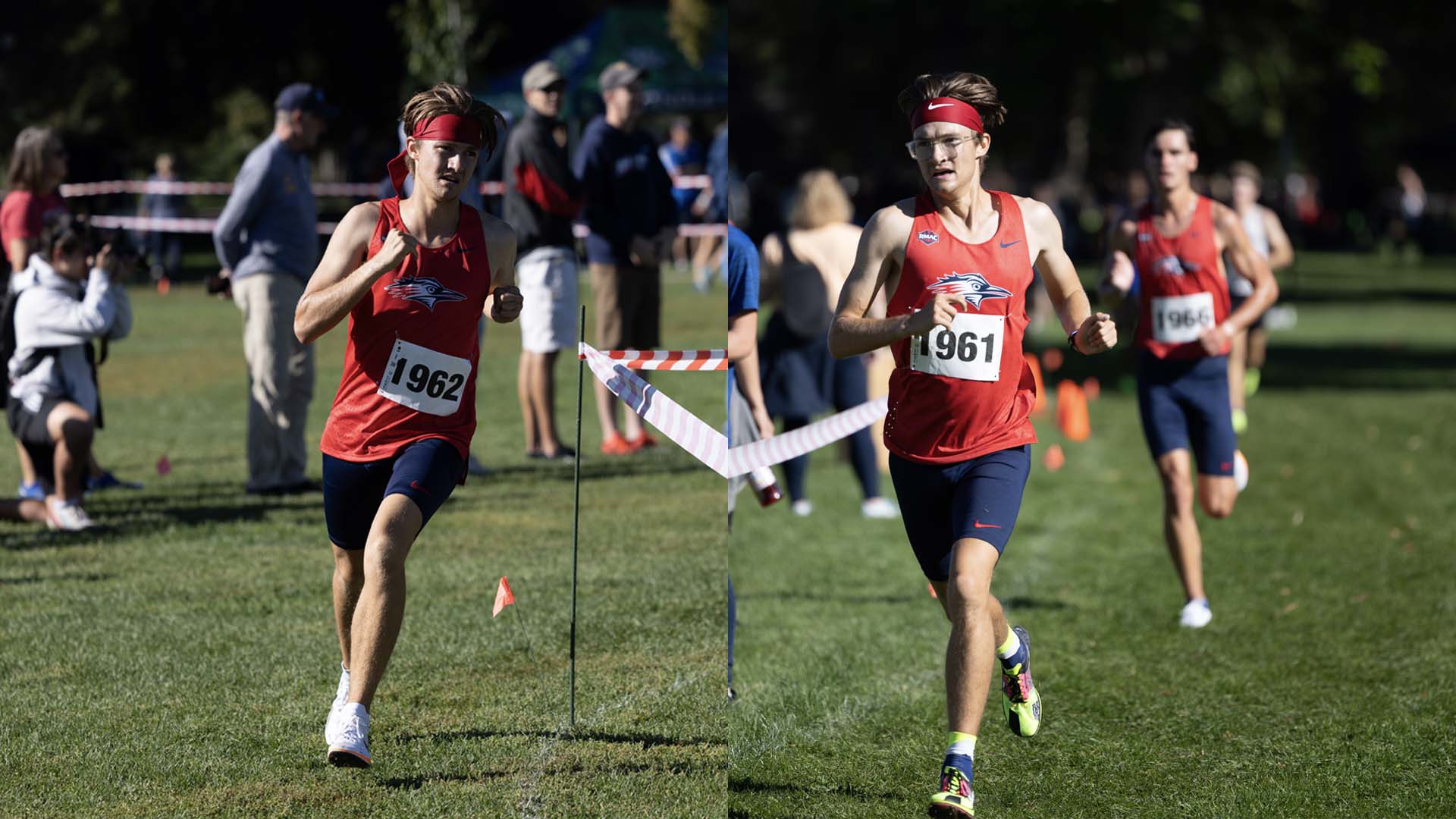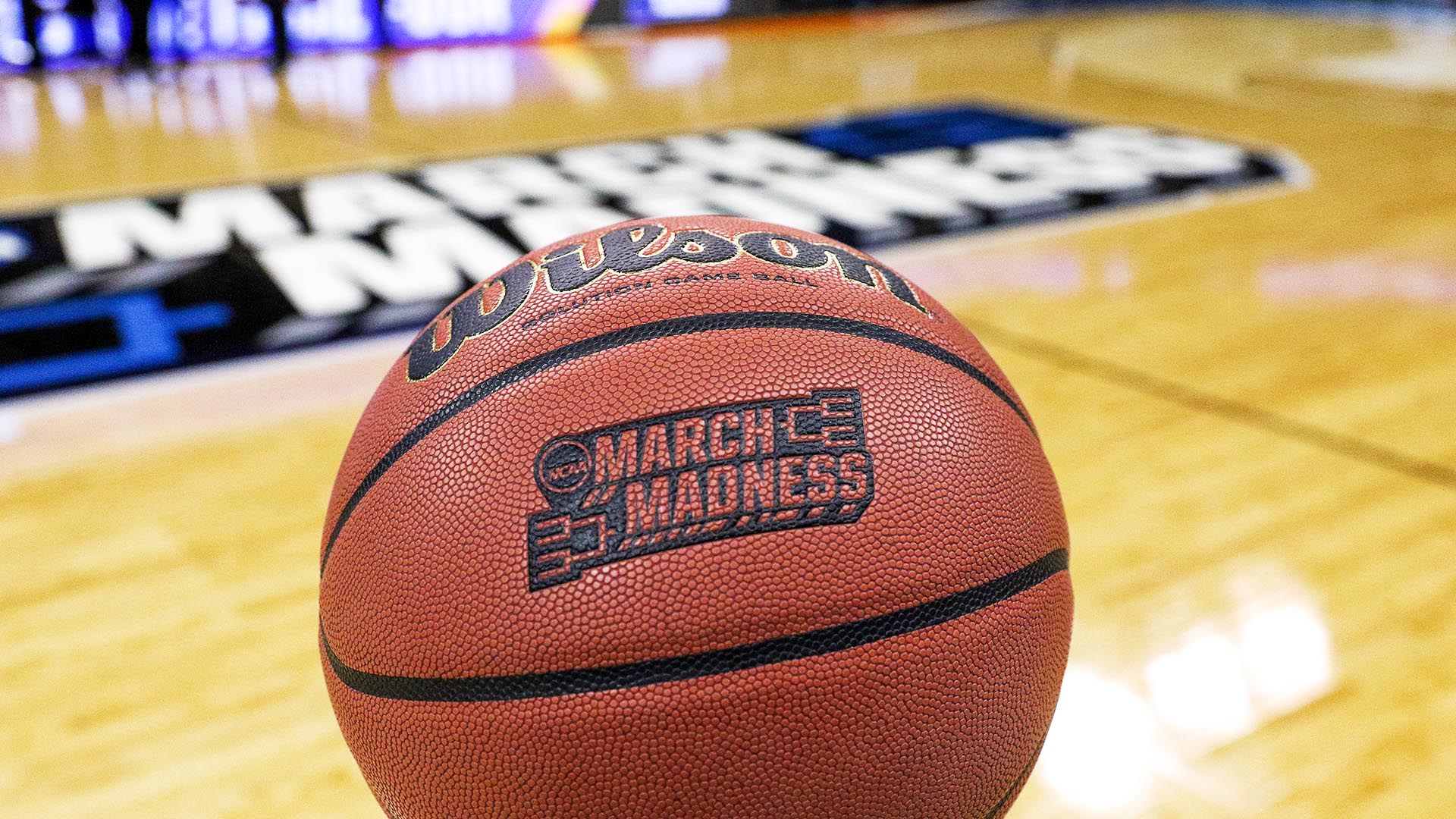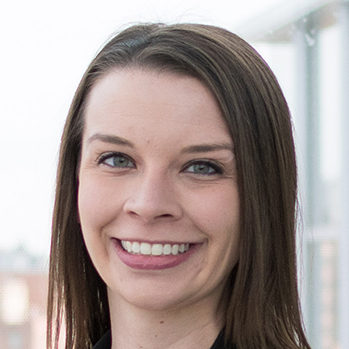Run of his life
Rising cross-country and track star Yonatan Kefle excels at MSU Denver after escaping oppressive regime in Eritrea.
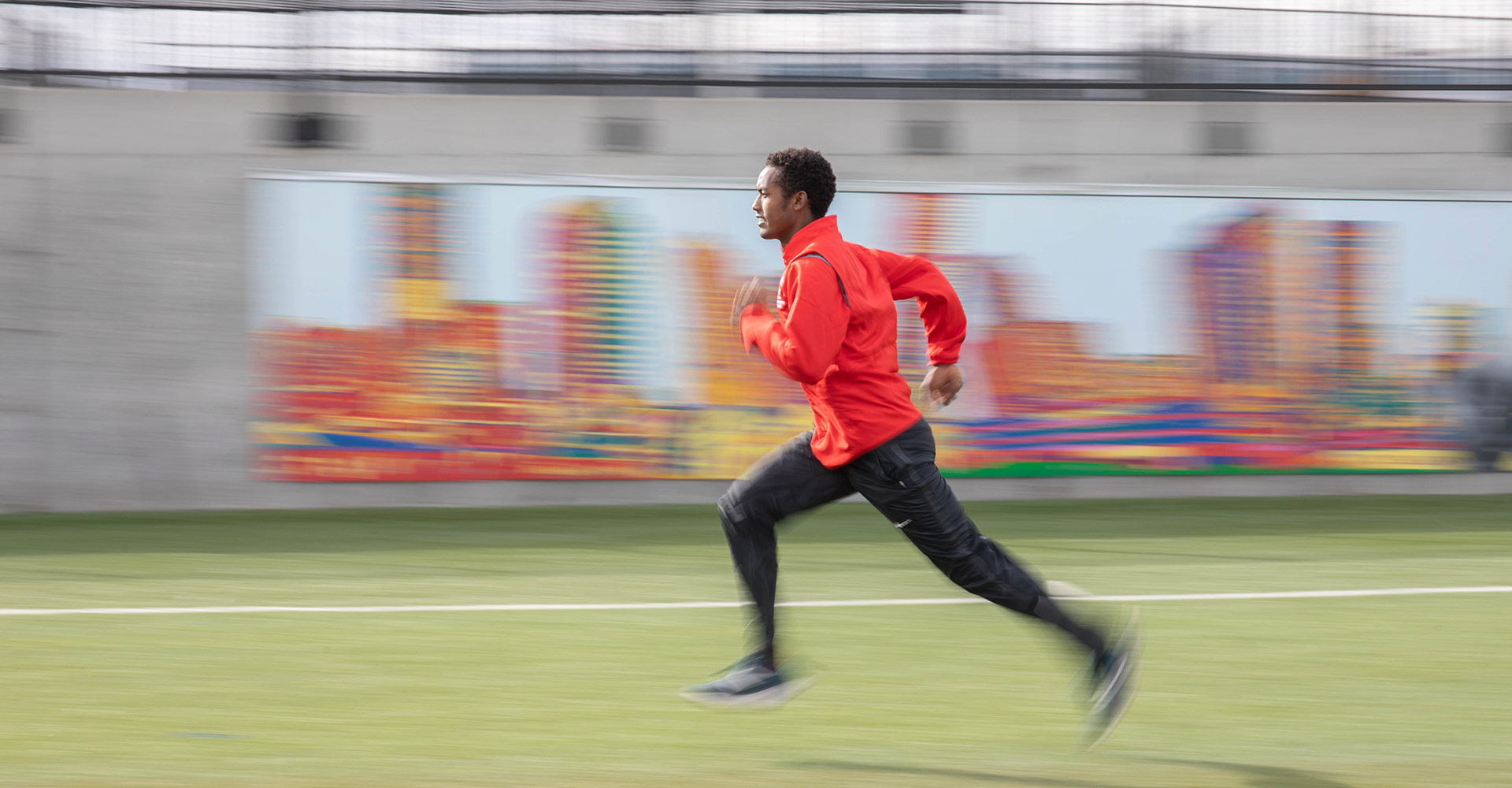
The third time Yonatan Kefle tried to escape Eritrea, the then-14-year-old climbed a mountain at night, starting out when it was as dark as possible.
“If the moon comes out, the Eritrean (border guards) can see you, and they’re crazy and they’ll shoot you,” Kefle recalled.
On his first escape attempt at age 12, he wound up in prison. He was forced to turn back from his second try when a fellow escapee was shot. On his third attempt, he successfully made the harrowing eight-hour journey to an Ethiopian refugee camp.
Today, 20-year-old Kefle is a mechanical-engineering major and an emerging cross-country star at Metropolitan State University of Denver.
At last October’s Roadrunner Invitational – nearly four years since he immigrated to Denver – he finished third, second among Division II competitors, while leading MSU Denver to its first team meet championship in two years.
But no matter where his path takes him in higher education and sports, his family’s journey out of the Horn of Africa will always light the way.

Escaping Eritrea
More than two decades have passed since Eritrea and Ethiopia launched the African continent’s deadliest border war. The initial conflict between 1998 and 2000 left as many as 120,000 dead, according to reports compiled by nongovernmental organizations. A peace treaty was signed in December 2000, but the two sides remained hostile until September 2018, when a historic peace deal was signed by Ethiopian Prime Minister Abiy Ahmed and Eritrean President Isaias Afwerki.
Set in the Horn of Africa along a stretch of the Red Sea’s southwestern shore and bordered by Sudan, Djibouti and Ethiopia, Eritrea gained its independence from Ethiopia in 1993 after a decades-long war of independence. However, according to Human Rights Watch, it remains to this day a one-party state ruled by Afwerki with no legislature, no independent civil society organizations or media outlets and no independent judiciary. Freedom House calls Eritrea a “militarized authoritarian state” and consistently gives it the worst possible score in its seven-point grading system considering political rights and civil liberties. Human Rights Watch considers the Eritrean government’s human-rights record among the worst in the world. And the Committee to Protect Journalists calls Eritrea the world’s most censored country, worse even than North Korea.
In the years following the failed 2000 peace agreement, Afwerki maintained a war posture to justify indeterminate compulsory national army service, forced labor, the quashing of political dissent and a ban on the free press, causing nearly 500,000 Eritreans, including Kefle’s family, to flee for their lives.
When Kefle was 10, his father, Fiseha, was faced with mandatory military service and fled to Ethiopia with hopes that his family would soon follow. It would take 4 years for his family – wife, Hadas; son, Yonatan; and three daughters, Yodit, Ksanet and Semhar – to escape Eritrea and 2 more for the entire clan to be reunited in Denver.
The good-natured Kefle is philosophical about his youth in the small Eritrean town of Segheneyti. Even as a child, he understood that “a smart person” could be arrested or killed for crossing Afwerki and his party, he said.
“It doesn’t really affect kids,” he recalled. “And when you’re young, you don’t know any better. That’s the way you see it from the beginning.
“But when I came out and got to Ethiopia and I saw the world, I was like, ‘Wow, what did I just leave?’”

Kefle first tried to escape with his entire family when he was 12 or 13, he recalled. They were all caught.
“My mom and my oldest sister had to pay money (to be released). I was 12 or 13, and I was in prison for two weeks.”
While adults in Eritrean prisons are often tortured, Kefle said he wasn’t harmed because he was still young.
On his second escape attempt, Kefle traveled with a group. As they approached the border, another would-be refugee told them a member of his group had just been shot ahead near the border; they all turned back.
His third attempt, which was made with his sister Yodit in 2013, was successful. The children feigned going to go to church, which allowed them to move from the city to a local village before nightfall, Kefle said. The move allowed them to avoid border guards who patrol cities.
“Right when it gets dark, when people are in their houses eating dinner,” the escape began, he recalled. The siblings moved south, climbing a remote mountain on the Eritrea-Ethiopia border; they crossed into Ethiopia around midnight but were still far from safe.
“It’s super-steep,” he said. “When we got to the Ethiopian side, we couldn’t find the way down. We’d climb down, and it’d be too steep, so we would go back and try another way.”
Eventually, with the moon now out, Ethiopian border guards spotted the group and began shouting directions to help guide them down. It was 4 a.m. by the time their journey finished.
Kefle and his sister spent two months in a refugee camp and then moved into their uncle’s home in the capital city of Addis Ababa. A year after Kefle and his sister made their escape, sisters Ksanet and Semhar escaped to Ethiopia, followed by the family matriarch, Hadas. The family was still not reunited, however, as by the time his family escaped Eritrea, father Fiseha had immigrated to Denver, where he had relatives.
Kefle’s three sisters immigrated to Denver to be with their father soon after they made it to Ethiopia. In hindsight, Kefle can laugh about it now.
“I started (applying for refugee status) a year before them,” Kefle said, laughing. “It’s not fair.”
Finally, after two years in Ethiopia, Kefle was allowed to immigrate to Denver in fall 2015; Oct. 28 marks his fourth anniversary since arriving in America. His mother joined the family in Denver in November 2015, reuniting the Kefle family for the first time in more than six years.
“It was so nice,” Kefle said. “My dad left when I was really young. I don’t really remember it being all of us. So, it was a new experience.”
The joy of running
His family’s native tongue is Tigrinya, the most popular language in Eritrea, and Kefle was excited to discover in 2016 that several of his new classmates at Denver’s South High School also spoke the language.

Those Eritrean students were runners on the school’s track and cross-country teams. So Kefle started running too.
“They were running, running,” Kefle said. “Then they said, ‘We have a race today.’ And I said, ‘A race? What is this?’ So I tried running.”
His friends took him to talk to the high school coach, and Kefle told him he wanted to run.
“And the coach said, ‘OK,’” Kefle recalled. “And then he said, ‘I like Eritreans.’”His high school coach’s instincts were correct. Kefle in 2017 ran on a 4×800-meter relay team that ranked seventh nationally. He finished 21st in the Class 5A state cross-country meet in 2016 and 14th in 2017. He would have finished higher in the state cross-country meets, he said, if not for the cold.
“Cold is not my weather,” he said, laughing. “I’m from Africa. My junior year in cross country, I was supposed to get in the top 10, on the podium. With a mile and a half to go, I was like in fifth place. But my quad got frozen.”
“His potential is as much as he wants it to be,” Lara said.
Last October’s Roadrunner Invitational was the first time Lara saw Kefle compete at his highest potential. For much of his high school career, he was a dominant force, he explained. But in college competitions, he would sometimes sulk when he got passed because he wasn’t used to it.
Kefle worked on his mental game and adjusted to the increased level of competition. “Running is crazy,” he said. “Sometimes you get beat. But I’m going to try to not get beat by those people anymore.”
Besides his raw talent, Lara also loves the joy that Kefle spreads throughout the program.
“Everybody loves being around him,” Lara said. “He’s kind of the clown of the team. He’s definitely a funny dude. He’s always very bright, rarely in a bad mood. He’s been great for the team. Having that positive attitude all the time really rubs off.”
With MSU Denver competing in the Rocky Mountain Athletic Conference, arguably the best league in NCAA Division II for cross country, the sky is the limit for Kefle, Lara said.
“Moving forward, he could be top 10 in the RMAC, easily, if he wants to be,” he said. “He’s starting to trend that way. (Kefle) is figuring it out.”

